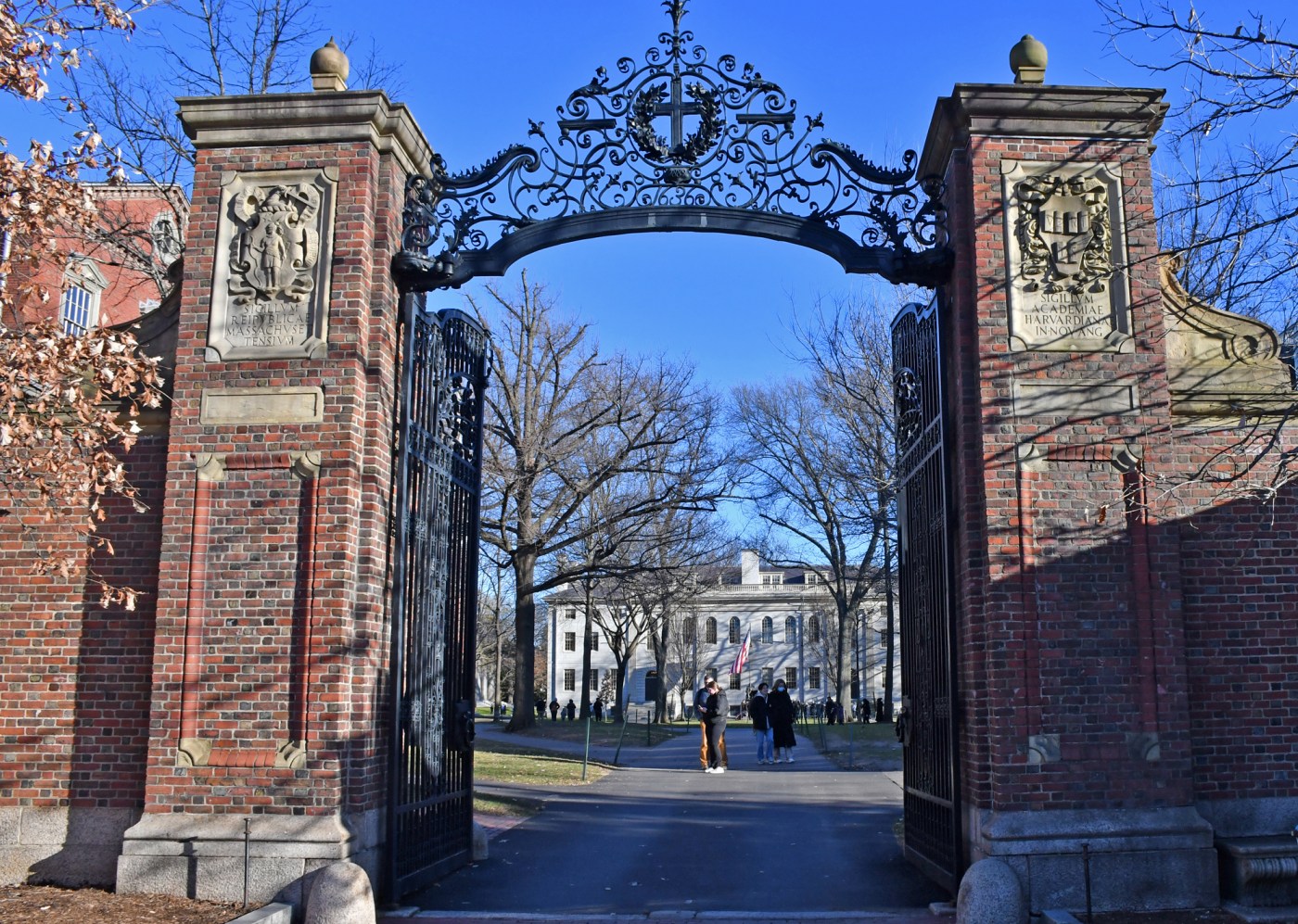
Scheinmann: Elite universities’ culture problem must be solved
Harvard President Claudine Gay’s resignation puts an end to a short and embarrassing era at America’s oldest university. Her unfeeling response and admission, under oath to Congress, that calls for genocide against Jews and antisemitic speech do not violate university guidelines were public relations disasters. Her tolerance of Jew-hatred on campus enabled the worst instincts to surface and spread fear amongst Jewish students. The message sent to young Americans was clear: antisemitism is prevalent on our campuses, but there’s little we can and will do about it.
Her resignation is necessary, but not sufficient to actually change the culture at elite universities. The increasingly radical and antisemitic views of a younger generation of college students are a feature, and not a bug, of today’s higher education.
It is therefore unsurprising that the views of college-age students, captured by a Harvard-Harris poll, on Hamas’s attack and Israel in general are so disturbing. Shockingly, 36% of 18-24 year-old respondents did not consider Hamas’s Oct. 7 attack on Israel a terrorist act, and 47% believed it targeted only the Israeli military, despite ample video evidence of war crimes against civilians. 32% even believed that Hamas’s murder, rape, and beheading of Israeli civilians was a “false story.” Even more disconcerting is the fact that 48% sided more with Hamas than with Israel, and 51% believed the attack could be justified by Palestinian grievances. Most troubling, however, is the revelation that 13% of young adults believe Hamas’s genocidal intent is justified.
To understand where these views come from, look no further than those given the responsibility to educate. According to a survey of international relations faculty conducted by William and Mary’s Teaching, Research & International Policy (TRIP) lab, faculty judged climate change (67%), U.S. domestic political instability (52%), and Russian revanchism (47%) as the largest threats facing the United States. Only 2% considered terrorism, exemplified by Hamas, a major foreign policy concern. International relations faculty in particular have critical views on American leadership in the world and advocate for limiting U.S. influence and leadership.
Hundreds of university faculty have blamed Israel for Hamas’s barbarism, tolerating if not indulging calls for a second Holocaust. More than 100 Harvard faculty signed a letter defending student mob chants of eliminating Israel as “free speech” and asserted that it was “Palestinian and allied students who are being targeted on our campus,” rather than Israeli and Jewish students. In a subsequent letter, many of these same faculty acknowledge that “there should surely be limits to what is speakable, even in a university,” putting to bed the canard that the university’s obligation and commitment to the First Amendment supersedes anything else.
If university leaders acknowledge and tacitly accept that antisemitism, calls for genocide, and support for these terrorist attacks form part of campus life, it is unsurprising that the students (whose worldview they mold) would hold such unsettling perspectives. The statement from the Harvard Palestine Solidarity Groups, blaming Israel for Hamas’s attack – even before any Israeli response – is not an isolated viewpoint but mirrors the sentiments of nearly half of college-aged students. No amount of sensitivity or anti-discrimination training is going to change the reality that Jewish students are grappling with today on campuses.
Without intervention, one will continue to see so many companies, government agencies, and even elected leaders struggling with the internal radicalism of younger staff.
Instead, alternate education and approaches must be developed. The recent announcement by Palantir that it would immediately hire 180 students who fear for their safety due to antisemitism is a welcome sign that America is still filled with patriots willing to stand up to narrow-mindedness. Organizations, like The Alexander Hamilton Society (AHS), which facilitates debate and challenges students to consider different perspectives on America’s role in the world, are vital in addressing the gaps in education. AHS assists student-led chapters on campuses across the country in bringing scholars and policy practitioners to campus to debate local faculty on the pressing foreign policy and national security issues of our day. With the world more dangerous today than it has been in a half-century, it is self-evident that our universities are not providing our young people with an education that allows them to understand what they are defending and why.
Gay’s abysmal response to the Hamas pogrom surfaced views that are deeply rooted in much of elite higher education. Harvard’s task must not only be to find a new leader, but to also find a new vision that will properly prepare our young people to lead and navigate a difficult and complex world.
Gabriel Scheinmann is the executive director of The Alexander Hamilton Society, and a graduate of Harvard College.


